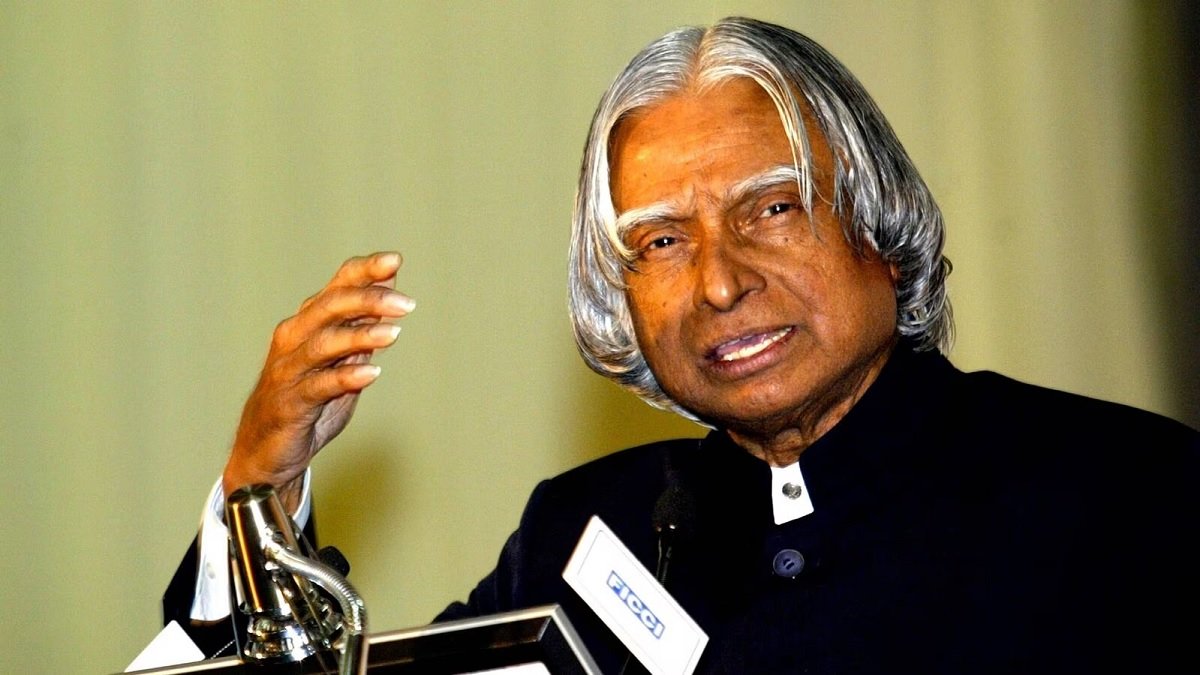Abdul Bahá, the son of Bahá’u’lláh, the founder of the Bahá’í Faith, exemplifies the essence of altruism and service towards humanity. His life and teachings have indelibly influenced countless individuals and communities across the globe, illuminating a path towards unity, peace, and spiritual enlightenment. This article seeks to explore the various dimensions of Abdul Bahá’s teachings, particularly focusing on his profound commitment to serving humanity and the implications of these principles for contemporary society.
To holistically comprehend Abdul Bahá’s teachings, one must first consider the historical context of his life. Born in 1844, he endured a tumultuous upbringing marked by persecution and exile as a direct consequence of his family’s religious convictions. Despite these adversities, Abdul Bahá’s unwavering resolve to propagate the teachings of his father emerged as a seminal component of his identity. His dedication is demonstrated not merely through theological discourse, but rather through tangible action, illustrating that true belief must be substantiated by deeds.
Abdul Bahá’s life was an embodiment of the Bahá’í tenet that **service to humanity is the highest form of worship**. He consistently emphasized that spiritual evolution is intrinsically linked to selfless actions directed toward bettering the world. For him, the act of serving others transcended religious affiliations, social statuses, or cultural backgrounds. In his daily engagements, whether with the affluent or the marginalized, he perceived each individual as a potential contributor to the collective upliftment of humanity. This perspective fostered an environment of inclusivity and understanding, reflected in his interactions with diverse groups throughout his travels.
To further grasp Abdul Bahá’s message, one must engage with his concept of **unity in diversity**. He posited that humanity is akin to a single, interconnected body; therefore, the advancement of one is inextricably linked to the upliftment of all. This metaphor resonates deeply within the framework of contemporary global challenges such as poverty, conflict, and environmental degradation. Abdul Bahá’s teachings advocate for cooperative efforts to raise the standards of living and cultivate peace between disparate elements of society. His vision of a unified world calls for comprehensive educational initiatives aimed at fostering understanding and tolerance among diverse populations.
Another pivotal aspect of Abdul Bahá’s philosophy is the promotion of **justice** as a foundational principle for societal transformation. He asserted that justice is not merely a societal mechanism but a divine quality. Abdul Bahá urged his followers to pursue equitable solutions to social issues and to advocate for those who are disenfranchised. This advocacy extends beyond mere words; he modelled this principle through his actions, often standing up against injustice and inequity. His unyielding commitment to social justice serves as a clarion call for individuals and institutions to recognize and rectify systemic disparities that plague societies.
In addition to promoting justice, Abdul Bahá placed significant emphasis on the importance of **education**, viewing it as a critical vehicle for personal and collective development. He believed that education is not merely a means to obtain knowledge but a transformative process that elevates the spirit and fosters a sense of responsibility toward others. His teachings encompassed the empowerment of women through education, recognizing that gender equality is a fundamental prerequisite for societal advancement. By endorsing comprehensive educational programs, he envisioned a world where knowledge and enlightenment serve as catalysts for a more just and harmonious society.
Abdul Bahá’s writings and speeches also delve into the significance of **spirituality** as a guiding force in one’s service to humanity. He encouraged individuals to cultivate their spiritual attributes—such as love, compassion, and humility—as these inner virtues profoundly impact how one interacts with the world. His teachings elucidate that while serving others, one must also attend to their spiritual health, for a balanced life is vital in effecting change sustainably. This holistic approach underscores the notion that true fulfillment is derived not from individual advancement, but from a shared commitment to the welfare of all.
Furthermore, Abdul Bahá’s legacy is characterized by **interfaith dialogue**. He advocated for a respectful exploration of various religious beliefs, championing the understanding that all faiths ultimately converge in their quest for truth and enlightenment. By promoting dialogue among different religious traditions, he encouraged the dismantling of prejudices and misconceptions, cultivating an environment of mutual respect and collaboration. This visionary approach towards interfaith engagement is increasingly relevant in an era fraught with sectarian violence and discordical misunderstandings.
In conclusion, Abdul Bahá’s teachings resonate with timeless wisdom and pragmatic directives that transcend cultural and temporal boundaries. His life was a manifestation of servitude, embodying principles that foster unity, justice, education, spirituality, and interfaith harmony. In a world fraught with division and strife, the teachings of Abdul Bahá provide a robust foundation for personal transformation and societal regeneration. Engaging with these principles offers an opportunity for individuals to reflect upon their contributions to humanity, igniting a collective journey towards a more compassionate and just global community. The path illuminated by Abdul Bahá serves not just as an ideological framework but as a practical roadmap for aspiring to a world where service to humanity is esteemed above all.
